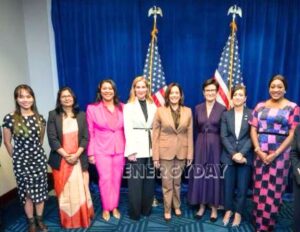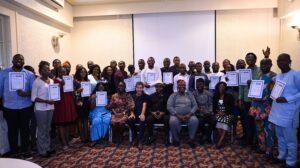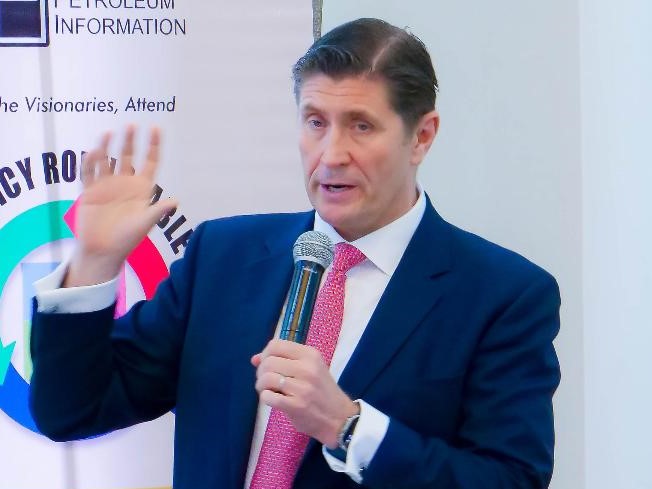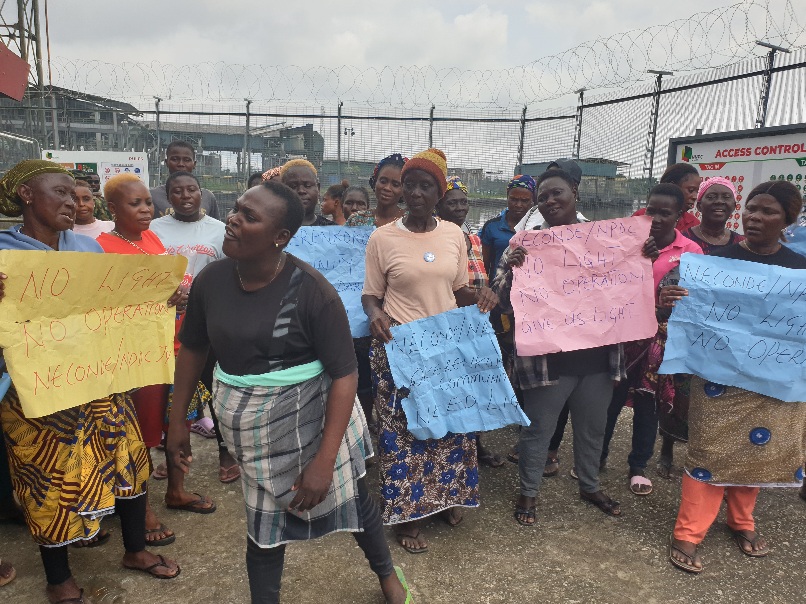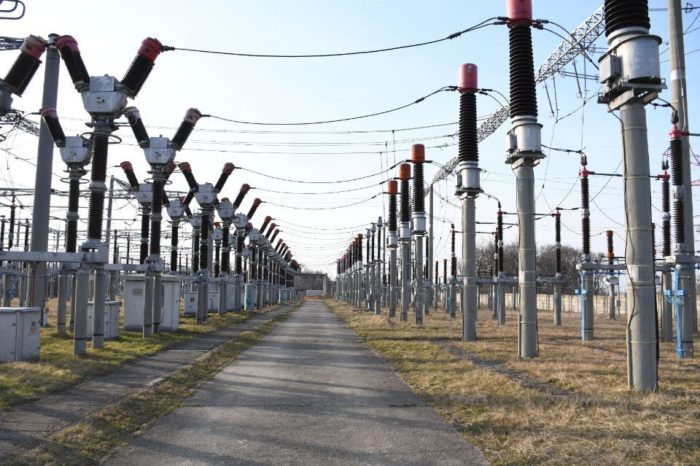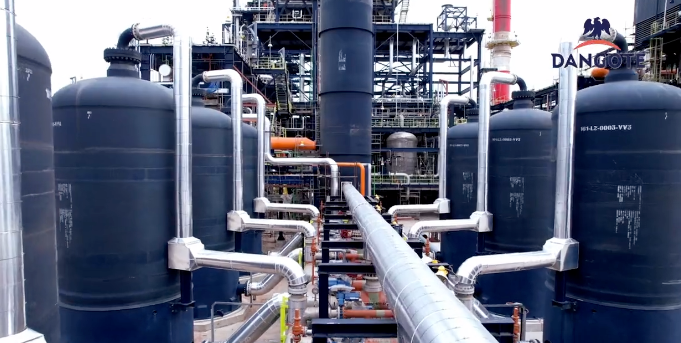FG’s “superficial” grid recovery intervention, a ruse?

EnergyDay Editorial
Given that President Muhammadu Buhari, Minister of Power, Engr. Abubakar Aliyu, NERC and other relevant government agencies have been evasive in their response to what is being done to address the prolonged national grid failure in the country and the persistent power outages witnessed across the country, it may not be incorrect to advise all consumers of electricity in Nigeria to seek alternative means for their energy needs, while awaiting the outcome of the emergency measures of the government.
Evidently, Nigerians are sailing and stacking in shallow waters, as demonstrated by the events of the last few days, especially in the power sector. It may not be wrong to agree that, apart from natural disasters, the Nigerian government’s fire brigade approach to issues as critical as electricity is another great catastrophe in the country’s history.
EnergyDay wishes to state unequivocally that progressive nations don’t thrive on trial and error formulae or “hopes and wishes,” but rather on effective and workable plans that can stand the test of time.
So far, the Federal Government’s power restoration initiatives to tackle the nationwide epileptic power supply are the height of uncertainty that won’t lead us out of the woods.
A tentative attitude of this magnitude by the government has over the years stalled improvement in the electricity supply industry as much as in all other areas of governance, and a more vocal public response may not be unexpected in the coming weeks or months of unprecedented hardships. This was corroborated by the Central Bank of Nigeria, CBN’s recent forecast in its monthly Monetary Policy Committee meeting.
The situation in the country is confusing, painful, and then it raises the more fundamental question of our commonwealth and how it is being managed. We are definitely at a crossroads as a nation, but the architects of our predicaments are not necessarily the kind of heroes we desire, but we sure deserve them because of our choices!
We understand that electricity supply across the country will remain epileptic and tariffs will spike twice a year regardless of whether there are improvements in the quality and cost of services since the government has now decided to exit its N30 billion per month subsidy support.
In a fire brigade response to the recent collapse of the national electricity grid system, some level of relief has been secured by the Federal Government, which could translate to a minimum degree of tolerance for citizens, but the future remains bleak.
It is curious that within two days of President Muhammudu Buhari’s intervention, a USD 50 million gas supply agreement is being finalized that will enable the country to inject 800 Mw of electricity from the underutilized capacity held in stock by the National Integrated Power Project scheme. The President, however, did not receive any applause for this action because it was simply impromptu.
The more critical question of contractual gas supply arrangements between electricity generating companies and gas producers is at the crux of this matter, together with the issue of heavy indebtedness to the electricity generation companies (Gencos) by the government through the Nigerian Bulk Electricity Trading Company (NBET).
GenCos have categorically alleged that the federal government reneged on its agreement with power generating companies to sell gas at a price denominated in our local currency and at a value of less than $1.50 Scf, but it ended up selling the gas at USD2.50 Scf. Worse still, the government also insisted that payments be made in dollars by the power-generating companies.
The humongous indebtedness of N1.4 trillion that the government is allegedly owning the GenCos is probably the more serious issue that should worry the entire business community, including investors.
Unfortunately, NBET does not feel obligated that it should be liable for the payment of electricity that it failed to collect and distribute to consumers, therefore, disputing the debt claims by the GenCos.
These anomalies have led to scenarios including payment defaults or delays by stakeholders across the entire value chain. The Federal Government is fingered in these circumstances as being too weak in taking decisive decisions and maintaining the sanctity of agreements.
In his most recent briefing, the Minister of Power, Engr. Aliyu Abubakar, avoided providing a broad overview of GenCos’ concerns about the new gas supply arrangements, instead focusing on the National Integrated Power Projects and the resuscitation of the Okpai power plant project, including the approval by the Nigerian Electricity Regulatory Commission of a special gas pricing template for emergency contracting of gas from the Nigerian Gas Market.
As of today, all the power plants across the country are either not working optimally because of technical faults or gas constraints—the primary reasons why electricity supply is epileptic and expensive.
Since the recent crisis started, the Olorunsogo gas generating station reduced generation from its station by 104MW, while the Omotosho power plant lost 102MW and Sapele NIPP lost 263MW.
In Omotosho NIPP, there was a generation shortfall of 233MW, and in Omoku, a shortfall of 112MW was recorded. The two units in Okpai, thankfully, are in the process of regaining as much as 400 mw.
The case of 511MW from AfamV1 is also undergoing restoration, according to the Minister for Power, but Geregu NIPP is down by a massive 435MW, and the Ihovbor power plant by 142MW.
There was also a generation shortfall due to water management in Shiroro and Jebba hydro, with a loss of 307MW and 125MW, respectively, from both stations.
Within the same period, there were faults and technical problems in Egbin, causing a 514MW loss. Although efforts have been made through the government’s emergency approach to restore power to the affected power plants, these losses, which may possibly reoccur in the future, are substantial and constitute a threat to the country’s security, economy, and social stability.
While the uncertainty continues in the power sector with no end in sight, at least for now, EnergyDay therefore urges Nigerians, especially those in the manufacturing sector, to seek alternatives to their power issues for the sustainability of their businesses.
EnergyDay is of the considered opinion that a multi-stakeholders meeting be convened to quickly address the fundamental issues so that the nation is not prompted down the slippery slope of darkness.

